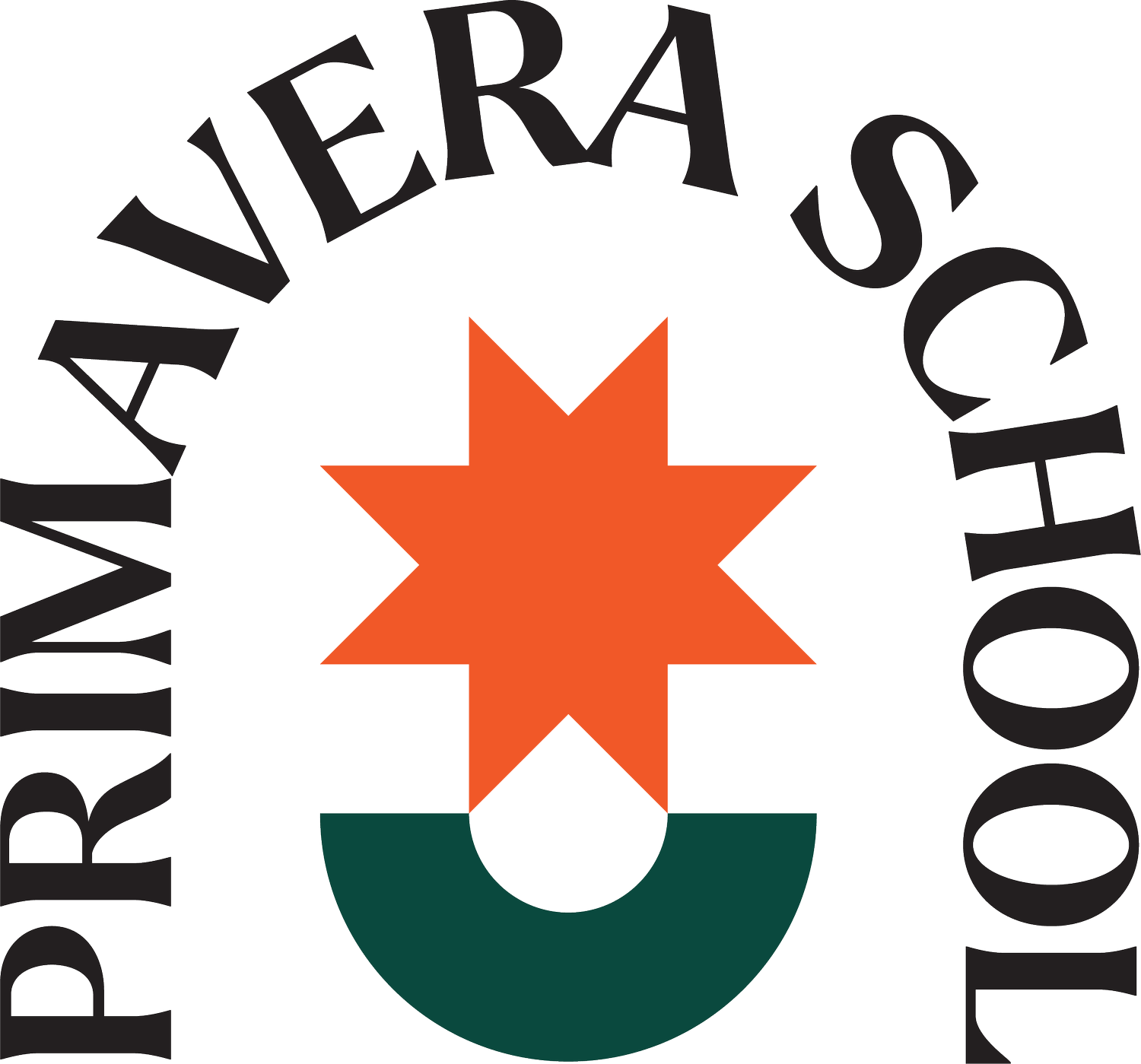Our Approach
We blend leading early childhood education philosophies to nurture social-emotional growth and create a rich, engaging learning experience for our students.
Our curriculum promotes intercultural competence, environmental awareness, play-based learning, problem solving skills, and cognitive development.
Nature & Spanish Immersion
At Primavera, nature and Spanish immersion are woven into every aspect of learning. Our curriculum follows seasonal, thematic experiences inspired by the natural world, ensuring a hands-on, meaningful education.
-
Children spend 60% of their day outdoors, exploring our garden, greenhouse, outdoor classrooms, and natural playground. They actively participate in the farm-to-table process, harvesting herbs, fruits, and vegetables for our monthly cooking classes.
We nurture environmental awareness by integrating composting, vermicomposting, recycling, and natural materials into daily learning, fostering a deep respect for the earth.
-
Our language-rich environment ensures children develop bilingual skills naturally, with teachers speaking primarily in Spanish throughout the day. To strengthen communication and connection, most of our staff is bilingual.
A low student-teacher ratio allows for personalized attention, creating a supportive and engaging space where children grow in confidence and fluency.
Creative, Play-Based Learning
Our curriculum brings nature-inspired themes to life through project-based learning that seamlessly integrates literacy, math, science, social studies, the arts, and physical skills. By connecting subjects to meaningful projects, we spark curiosity, encourage problem-solving, and cultivate creativity while deepening children's understanding of key concepts.
-
The Creative Curriculum® is a research-based, play-centered approach that integrates learning into engaging activities across 10 key developmental areas:
Social-Emotional
Physical
Cognitive
Language
Spanish Language Acquisition
Literacy
Math
Science
Social Studies
Arts
This approach ensures that all of our activities are thoughtfully designed to nurture curiosity, critical thinking, and holistic development. -
Our indoor spaces are thoughtfully designed to encourage play, exploration, and skill development. Both indoor and outdoor classrooms reflect the philosophy that the environment serves as a third teacher, shaping children's experiences and learning.
During the first eight weeks of school, students focus on building a strong sense of community while learning to care for their shared spaces, both indoors and out.
Guiding with Conscious Discipline
We foster a family atmosphere, teaching our children how to communicate, play, and work with love. Through our Conscious Discipline curriculum, we guide children in developing essential life skills like problem-solving, forming relationships, effective communication, and sensitivity to others' needs.
-
Conscious Discipline is a method for teaching mindful guidance. It focuses on helping children develop self-awareness, emotional regulation, and thoughtful communication skills, while fostering positive relationships and creating a respectful, connected learning environment.
Conscious Discipline is rooted in seven core skills: composure, assertiveness, choices, encouragement, positive intent, empathy, and consequences.
Teaching children to use these skills promotes values such as integrity, respect, cooperation, compassion, and responsibility, creating a positive and supportive learning environment. -
Our comprehensive approach combines classroom management with social-emotional learning to help children navigate challenges and build meaningful connections.
Teaching Anti-Bias
Recognizing that children thrive within the context of family, culture, community, and society, we celebrate each child’s individuality and teach inclusion, respect, and kindness.
-
Our anti-bias curriculum is led by a team of professionals that train our teachers and administrators using an anti-bias resource library. This library is based on the themes of Culture, Ability, Family Structure, Race, Body Image, and Self-Love.
-
Anti-bias books are integrated into our Creative Curriculum themes of All About Me, Family, and Building Community and are read by lead Anti-Bias teachers to the multiage and Kindergarten classes.
There are key phrases, discussion topics, and examples of how to respond to the children’s questions as part of the resource library.
Our Core Values
1
We appreciate childhood as a unique and valuable stage of the human life cycle.
2
We value the ability for our children to learn the life skills needed to successfully manage tasks such as critical thinking, creativity, collaboration, and problem solving.
3
We base our work on the knowledge of how children develop and learn.
4
We recognize that children are best understood and supported in the context of family, culture, community, and society.
5
We appreciate and support the bond between the child and family.
6
We respect the dignity, worth, and uniqueness of each individual (children, family members, and colleagues).
“I wanted a place where my daughter could be young and play, explore, learn, and simply enjoy nature. But most importantly, I wanted her to feel loved. It's a comforting feeling watching her reach to hug her teacher in the morning.”
Liz Thomas, Parent







